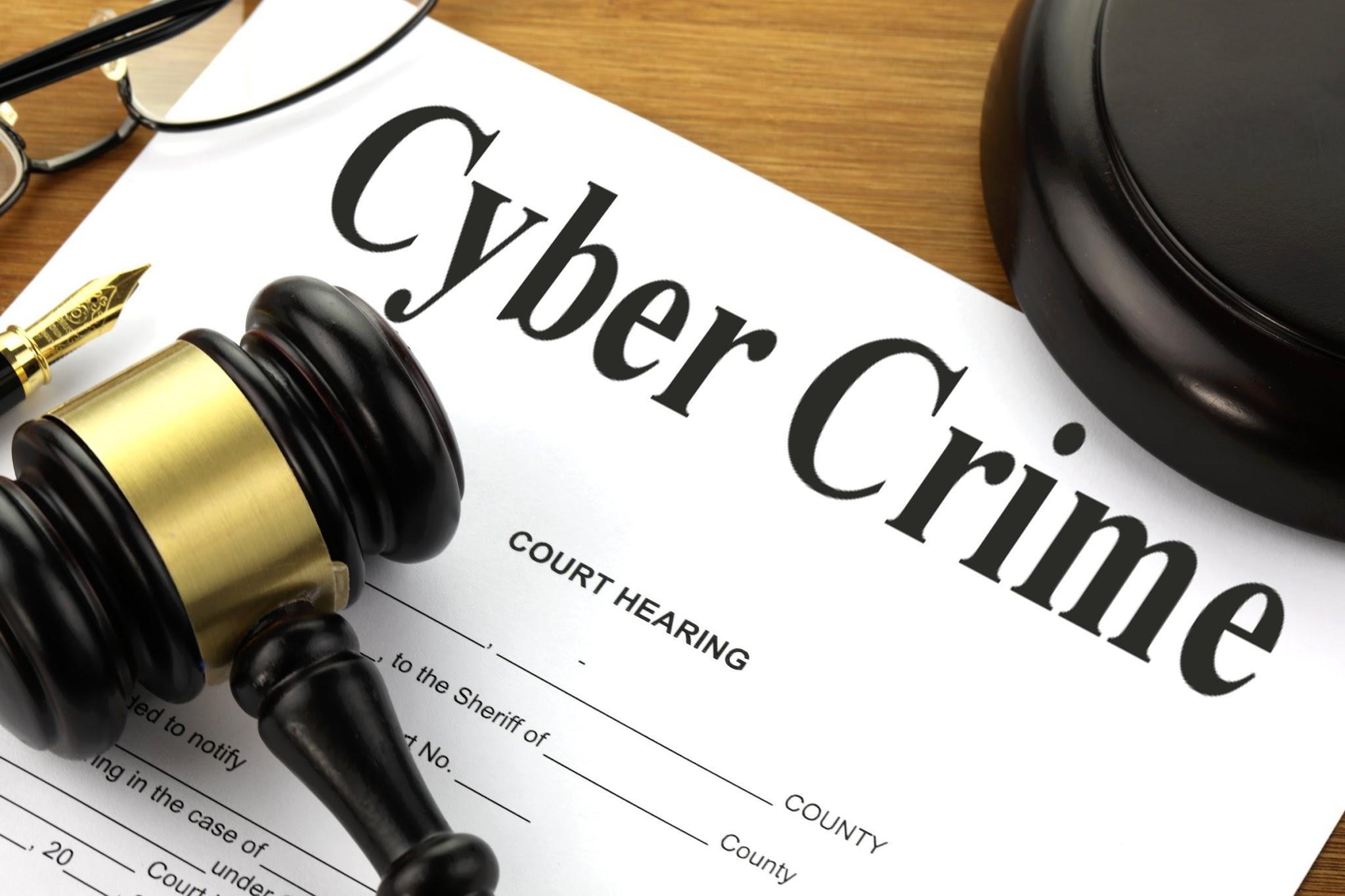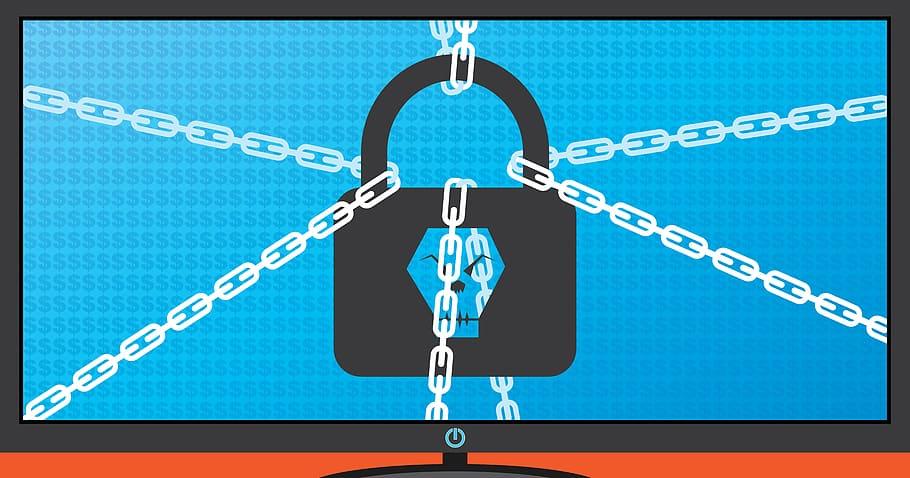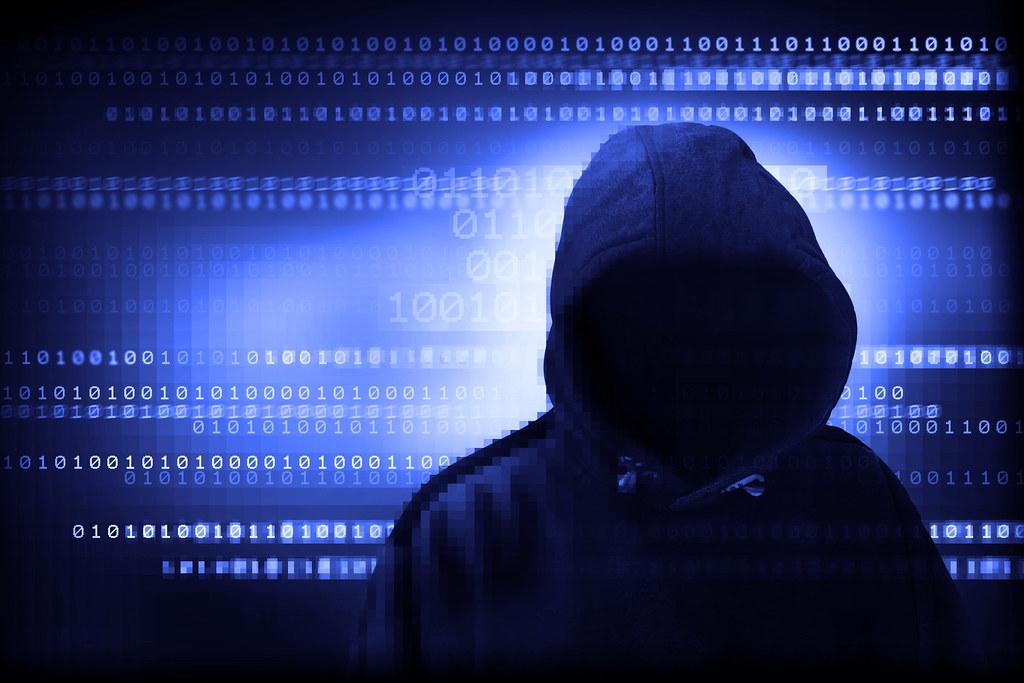
Cybercrime encompasses illegal activities that are conducted through electronic networks or devices. It includes a wide array of offenses such as identity theft, financial fraud, hacking, cyberstalking, and more. These crimes often involve the unauthorized access, use, or manipulation of data, which can lead to serious consequences for individuals and organizations alike.
Explanation of Whistleblowing
Whistleblowing is the act of exposing information or activities that are deemed illegal, unethical, or not correct within an organization. Whistleblowers are typically insiders within an organization who have firsthand knowledge of the wrongdoing and decide to bring it to light, often at great personal risk.
The Case Study

Overview of the Case
This case study examines a noteworthy instance where whistleblowing and cybercrime intersected, leading to significant fallout and heightened public awareness.
Incident Description
The case involved a large corporation that fell victim to an extensive data breach. Sensitive information was stolen, including personal data of customers and proprietary business information.
Identification of Whistleblower
The whistleblower in this case was a cybersecurity analyst working within the company who discovered the breach and reported it internally before taking their concerns to the authorities.
Whistleblower’s Motivation
Motivated by ethical concerns and the potential harm to millions of individuals whose data was compromised, the whistleblower felt compelled to act despite the potential consequences they might face.
Relevance of Cybercrime to the Case
Cybercrime was central to this case as it involved unauthorized access to the company’s digital assets. The whistleblower’s actions brought attention to the vulnerabilities that existed within the company’s cybersecurity measures.
Implications and Consequences

Legal Actions Taken
Following the exposure, legal actions were taken against the perpetrators, and the company faced fines and sanctions for failing to protect customer data adequately.
Impact on Cybercrime Awareness
The case served as a stark reminder of the importance of cybersecurity and the ongoing threat posed by cybercriminals. It also highlighted the critical role whistleblowers can play in detecting and reporting cybercrime.
Lessons Learned
One key lesson from this case is the necessity for robust internal controls and a culture that encourages reporting potential cyber threats. Organizations learned the importance of having clear protocols for whistleblowing and ensuring those channels are protected and respected.
Finding Justice
Role of Whistleblowers in Combating Cybercrime
Whistleblowers can be invaluable in combating cybercrime as they often have access to information that may not be visible to external auditors or regulators.
Importance of Collaboration
Collaboration between corporate entities, cybersecurity experts, and law enforcement agencies is crucial in addressing cybercrime effectively. Sharing information and resources can lead to more rapid identification and response to threats.
Encouraging Whistleblowing
To encourage whistleblowing, there must be systems in place that ensure confidentiality and protection for whistleblowers. Organizations should foster an environment where employees feel safe to report wrongdoing without fear of retaliation.
Conclusion
The intersection of cybercrime and whistleblowing is complex and fraught with challenges. However, as this case study demonstrates, whistleblowers serve as a critical line of defense against cyber threats. By recognizing their value and fostering a supportive environment for their actions, society can enhance its ability to combat cybercrime and protect sensitive information from falling into the wrong hands.




